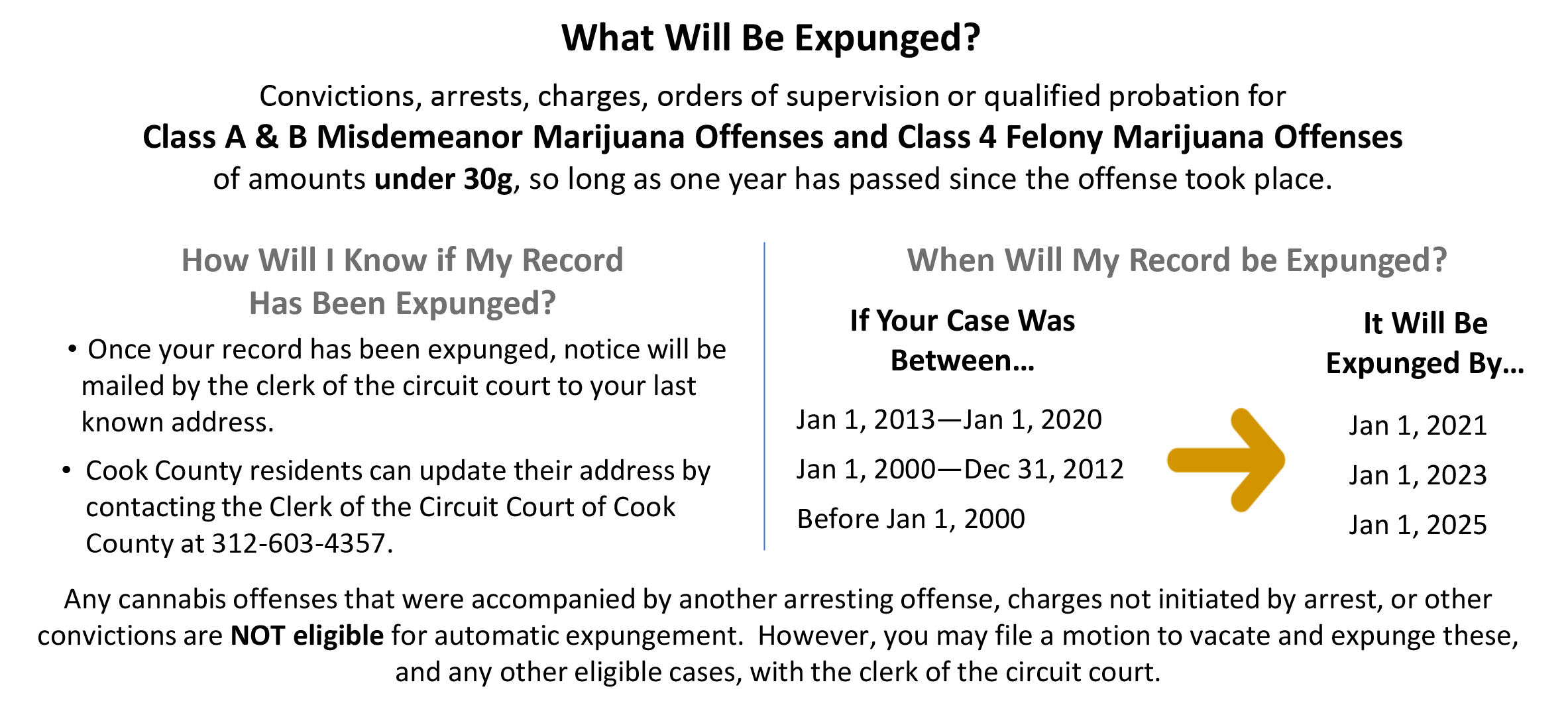
December 12, 2019; The Root
As was announced in August 2019, Kim Foxx, the state’s attorney of Cook County, Illinois, went to court this week to call for the expungement of more than 1,000 low-level marijuana convictions. And this is just the beginning; Foxx is committed to getting all of the convictions for marijuana wiped out unless they are tied to other criminal offenses. This comes as Illinois’s new recreational marijuana law, legalizing the drug in the state, goes into effect on January 1, 2020.
So, what does all of this mean? A great deal, if you belong to certain communities in Cook County, which includes the city of Chicago. Data from the American Civil Liberties Union (ACLU) indicates arrests for marijuana are racially biased:
According to the ACLU’s original analysis, marijuana arrests now account for over half of all drug arrests in the United States. Of the 8.2 million marijuana arrests between 2001 and 2010, 88 percent were for simply having marijuana. Nationwide, the arrest data revealed one consistent trend: significant racial bias. Despite roughly equal usage rates, Blacks are 3.73 times more likely than whites to be arrested for marijuana.
For Foxx, this is important. As a former prosecutor, she was responsible for many of these arrests and subsequent jail sentences and criminal records. These are the people who can least afford to pay fines in lieu of serving time.
“As a prosecutor who has previously prosecuted these cases, we must own our role in the harm we have caused, particularly to communities of color, and we must actively work to play our part in reversing those harms,” Foxx says.
Sign up for our free newsletters
Subscribe to NPQ's newsletters to have our top stories delivered directly to your inbox.
By signing up, you agree to our privacy policy and terms of use, and to receive messages from NPQ and our partners.
Foxx also has a family link to marijuana use. Her mother self-medicated with marijuana before her bipolar diagnosis. That makes this effort personal and professional for Foxx.
Chicago and Foxx’s office have connected to a California technology nonprofit to speed this process. Code for America, based in San Francisco, will provide a digital system that can go through decades of pot convictions and arrests with great speed and accuracy. Their systems are able to process information, identify eligibility, populate forms with data needed, and then generate the documents to allow conviction relief. They have done this in other states and will now bring this process to Illinois.
The numbers for Illinois are large. It is estimated that there are over 770,000 marijuana convictions in the state. It is not known how many are in Cook County. While Code for America will provide its services for free, it will be up to Cook County taxpayers to pay for administrative costs, including notifying by mail everyone whose records have been expunged.
Anxious Cook County residents hoping to have their records cleared may have to wait a while, depending on when they were convicted. While Code for America is speedy, this process will take time, as this chart will show:

Is it worth the wait? States Attorney Kim Foxx thinks so. “In weighing the benefits of this—the ability for people who can have their records vacated and expunged to be able to find employment and housing and other things that will allow them to be contributing, taxpaying members of Cook County—is pretty significant,” Foxx says. Perhaps. At least it will be another small step on the road to restoration.—Carole Levine













